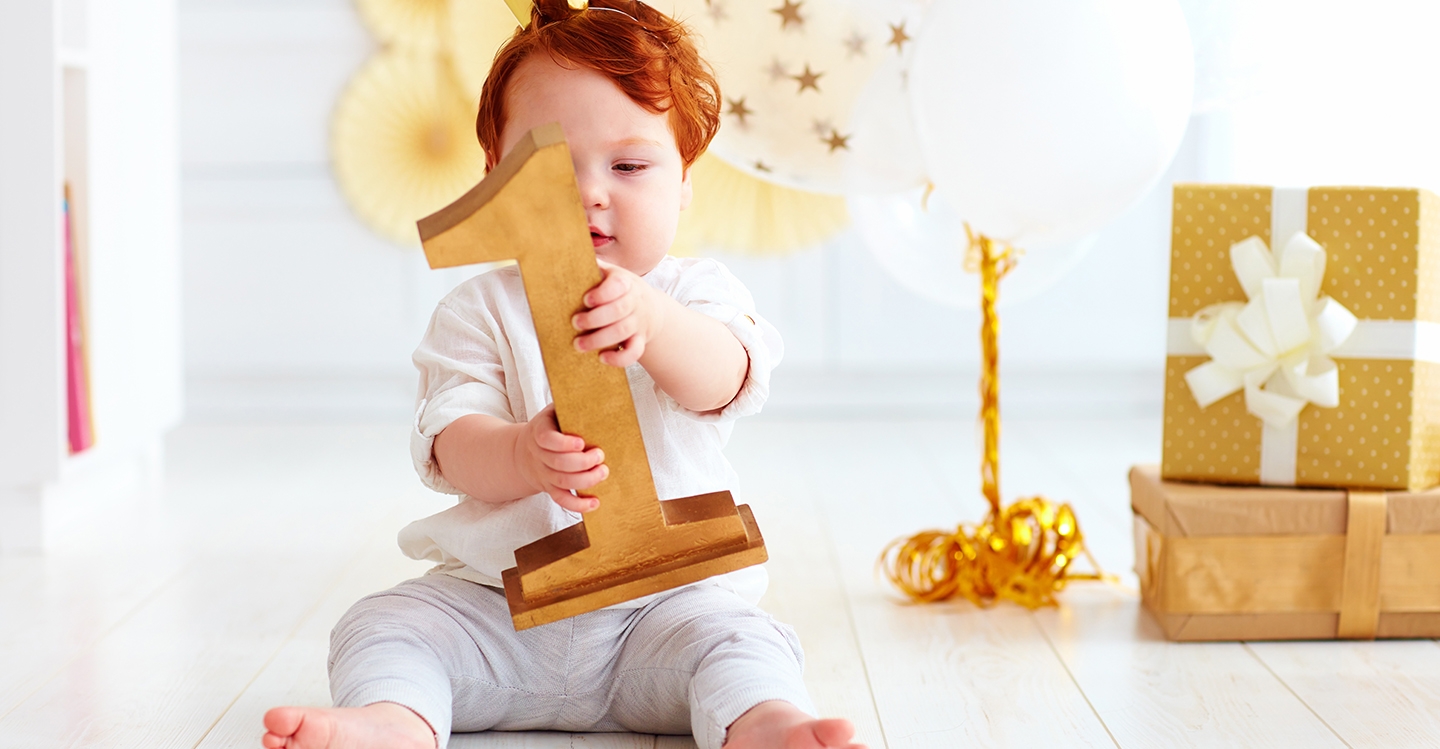Month 1
In their first month of life, your baby will spend most of their time sleeping, which will be punctuated by crying, feeding and settling. This is a period of adjustment for parents and caregivers as they organise their life and home around caring for their newborns’ needs.
Month 2
The bond between you and newborn is growing stronger now as you start to understand each other better. Your baby will have put on weight and filled out and will be settling into a rhythm that you can predict, and your baby is likely to smile at you when happy.
Month 3
Your baby will be developing body strength and control, now able to lift their head from front or back resting positions and to bring things to their mouth. Babies may be sleeping longer periods overnight at this point - or they may not! Sleep isn't linear and every baby will be different.
Month 4
Babies at four months might be trying to roll over and sit up, starting to vocalise clear sounds, and putting everything they can find into their mouths. This is an important skill for them to master on their way to eating solid food, but on its own isn't a sign it's time to offer solids.
Month 5
Your baby will have doubled in birth weight by now. Their strength and control has grown considerably and they can start to communicate desires to you through body language, like reaching for things or grasping their hands at you because they want to be picked up.
Month 6
Six-month old babies are approaching a rapid stage in their development. They are pushing their bodies up into a crawling position, crying out for attention when you leave a room and are more likely to be ready to try solid foods.
Month 7
By now it’s likely that your baby’s first tooth has appeared. Teething can be an uncomfortable period for many babies, who look for objects to chew to alleviate the pain. Most seven-month old babies can now sit unsupported and will crawl or shuffle when placed on the floor.
Month 8
If you haven't already baby-proofed your home, now is the time - your little one is likely looking for opportunities to explore their world, so make sure it's ready for them. Your baby will also have a greater understanding of their environment and they will search for, point at and throw objects. They will also be able to recognise objects and people.
Month 9
Nine-month old babies can grasp foods and will be working hard on developing the coordination to feed themselves. They may be pulling themselves into an upright position and may also be taking supported steps. Babies at nine months can understand simple instructions and are likely to understand their own names.
Month 10
Babies at ten months are quickly gaining confidence. Even though they might not be able to walk, if they have started crawling they can move quite rapidly and may even try to climb stairs. Ten-month old babies can communicate back to you using signs or body language – it’s exciting watch them process your words when you have a conversation.
Month 11
Babies can now feed themselves quite well and even drink from cups – although both can still result in a bit of a mess. Their eyesight is as good as an adult’s and they’ll be able to see things with great precision, pointing out details that even you might not have noticed.
Month 12
As they approach their first birthday, some babies will have spoken their first meaningful word and taken their first unsupported steps. Your baby can now grasp and manipulate objects and communicate quite clearly with you. Having these basic, but important, skills will open up an exciting world of discovery, growth and learning in their second year of life.



